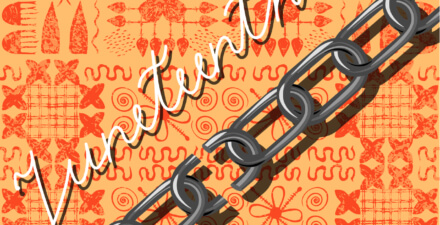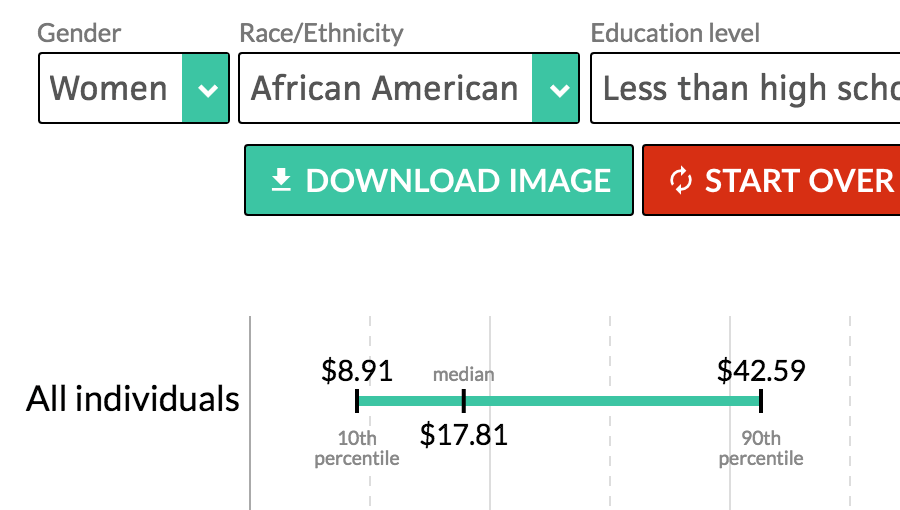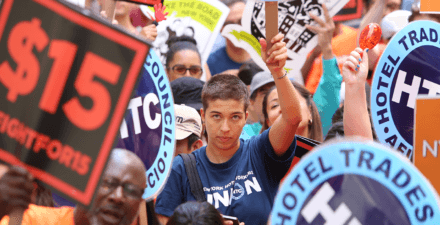Minimum Wages and Racial Inequality
011420–WP-Minimum-Wages and Racial Inequality–Derenoncourt and Montialoux
Authors:
Ellora Derenoncourt, Princeton University
Claire Montialoux, University of California, Berkeley
Abstract:
The earnings difference between white and black workers fell dramatically in the United States in the late 1960s and early 1970s. This paper shows that the extension of the minimum wage played a critical role in this decline. The 1966 Fair Labor Standards Act extended federal minimum wage coverage to agriculture, restaurants, nursing homes, and other services which were previously uncovered and where nearly a third of black workers were employed. We digitize over 1,000 hourly wage distributions from Bureau of Labor Statistics industry wage reports and use CPS micro-data to investigate the effects of this reform on wages, employment, and racial inequality. Using a cross-industry difference-in-differences design, we show that wages rose sharply for workers in the newly covered industries. The impact was nearly twice as large for black workers as for white. Within treated industries, the racial gap adjusted for observables fell from 25 log points pre-reform to zero afterwards. Using a bunching design, we find no effect of the reform on employment. We can rule out significant dis-employment effects for black workers. The 1967 extension of the minimum wage can explain more than 20% of the reduction in the racial earnings and income gap during the Civil Rights Era. Our findings shed new light on the dynamics of labor market inequality in the United States and suggest that minimum wage policy can play a critical role in reducing racial economic disparities.







